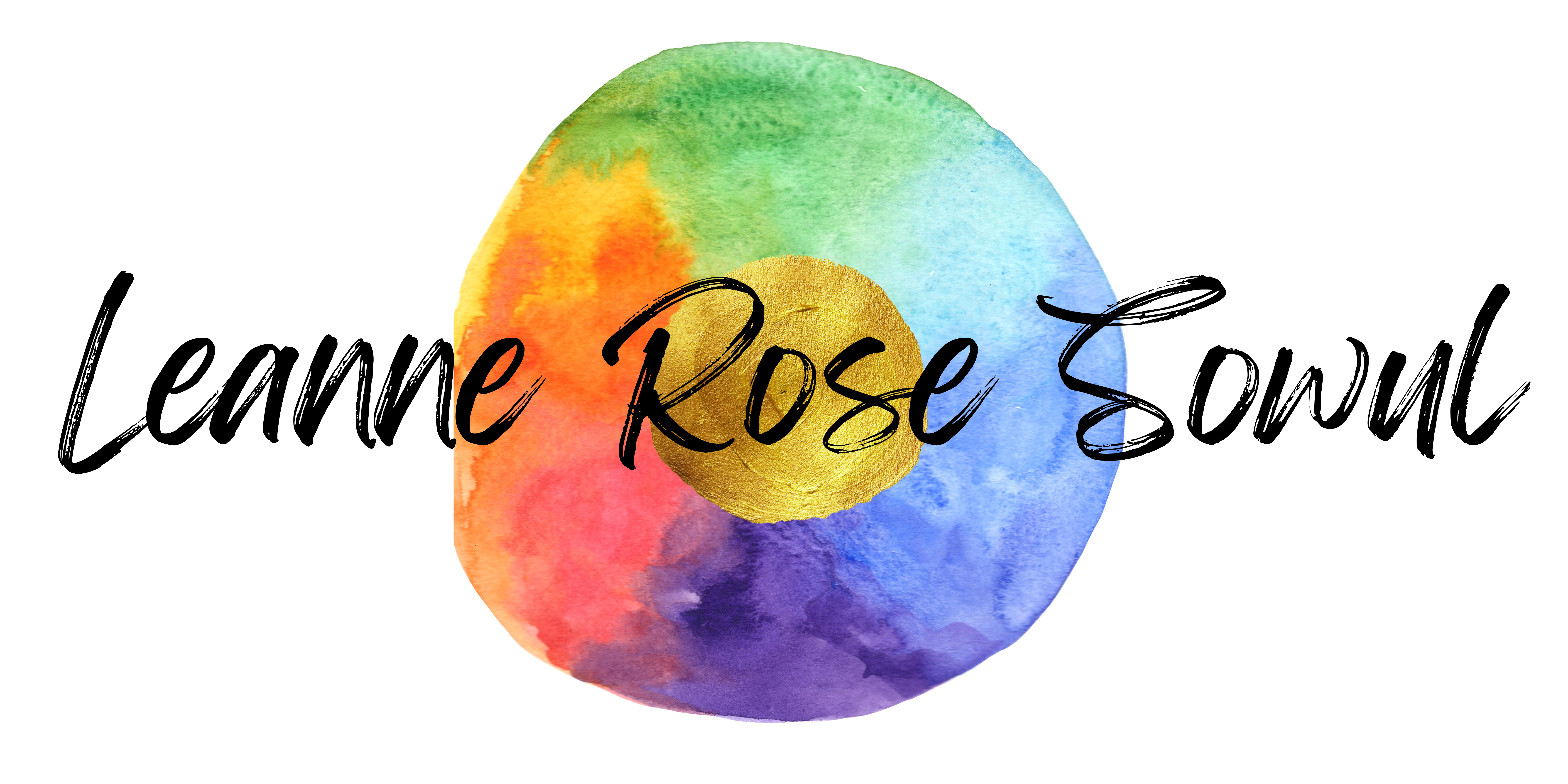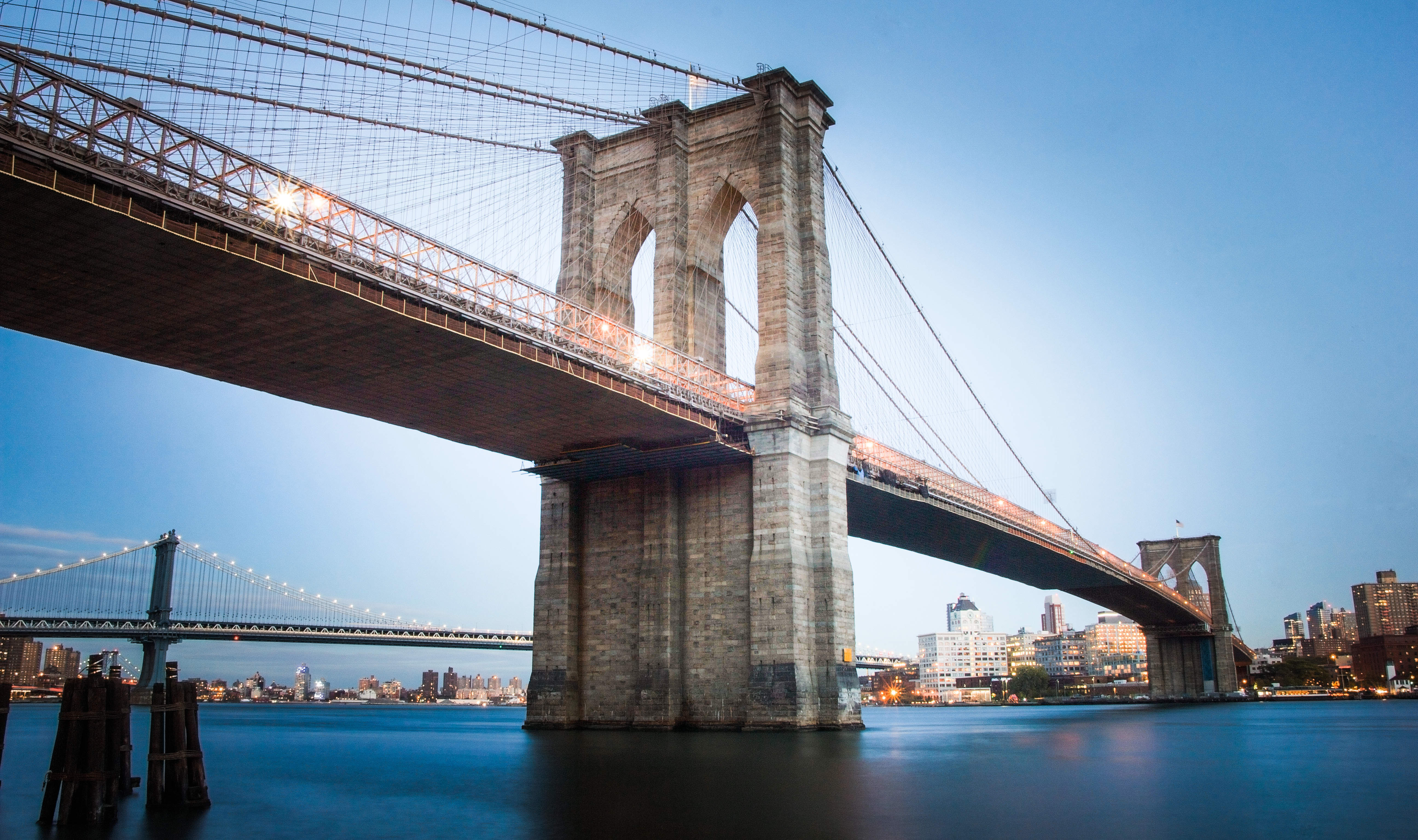Why do you read what you read, and write what you write?
I’ve been thinking about this question a lot in 2016. Remember back in January, when I posted about trying to choose between Mr. Fiction and Mr. Nonfiction? And how it took me over eight months of working on a nonfiction project before I was able to clear the path to focus on fiction and memoir? Committing to one or two forms of writing, like committing to a reading genre, is difficult for me. But one of my biggest takeaways from 2016 (something I realized while writing for this DIY MFA post) is a renewed focus on fiction, and specifically historical fiction.
I began writing historical fiction for one simple reason: I liked it. I liked reading it, I admired the authors who wrote it, and I especially liked learning about history while enjoying the characters in the story. “Liking it” was a good enough reason to get me this far. But something happened a few weeks ago that made reading and writing historical fiction more important. It’s now become more of a mission or a calling, something I’m committed to on a much higher level. The thing that triggered the change was the election of Donald Trump.
I’ve written about my post-election feelings here. (It’s already one of the most-viewed posts ever on this site.) This was a history-making election, a complete game-changer. If Hillary had won (and in my mind, she technically did), history would have had its first female president of the United States, but little else would have changed. We’d continue to have a Democratic president and a Republican congress. Policy would not have made any great shift. The electorate, though shaken up by Trump’s campaign, would have settled into another four years of essential sameness. Most of us would feel safer. History would not have marked us; textbooks make little of stasis.
Instead, we have an election, and a president, that has changed everything we know about ourselves as Americans and our position in the world.
And that’s why historical fiction matters so much more now. We need to explore other times of great turmoil and change. We need to study how the citizens of those times adapted and created positive change of their own. We need the perspective of remembering other great shifts between forces like populism, ethnocentrism, and morality in leadership.
I’ve been thinking a lot about my characters from BEFORE THE FIRE (previously WAIST) during the last few weeks. One of my main characters, Hannah, becomes a passionate advocate for the union during the course of the book. She grows increasingly disturbed by small injustices, such as having her bag searched every night for theft, and being locked inside the factory during the day (one of the factors that led to so many deaths in the Triangle Fire). Her simmering anger is ignited by an attack on one of her union idols, and just days later, she finds herself leading a strike at Triangle. If I took Hannah out of 1909, and dropped her in 2016, she’d be a role model for those of us who are feeling the injustice of this election. She’d be writing petitions, calling congresspeople, and participating in protests. It’s comforting to me that people like Hannah (and though she’s fictional, she had many real-life counterparts during the Progressive Era) exist in all time periods, helping us get through situations like the one we’ve found ourselves in.
And so I’m writing historical fiction not just because I like doing it. I’m writing it for you. You, who feel disenfranchised. You, who feel hopeless. You, who wonder where we go from here. I’m writing it to show you other times in history when we have overcome. I’m writing it to give you role models to look up to: real historical figures, and characters you can connect to.
I’ll be writing more about this mission in the coming days and weeks, but for today, I’d like to ask my initial question again.
Why do you read what you read, and write what you write?
And why does it matter?


This is wonderful, Leanne. This ripples with honesty and passion, and that what a focused, well-written mission statement should do. I might not write historical fiction, but I read it, and I agree 100% on how important it is right now. Its characters and conflicts (both personal and social) can still resonate with us today and teach us how to enact the change we want to see, to be or become our best and fullest selves when it’s needed most. Just saying that reminds me of my last historical fiction read, Ruta Sepetys’s SALT TO THE SEA. Joana, Florian, and Emilia may be young, but they show a great deal of compassion and courage in their actions during the story.
To answer your questions: While I read a range of genres, most of what I read and write is fantasy. And when I began doing both, my answer then was similar to yours for when you started writing historical fiction. I liked it. It was fun to read about magic and to discover places, people, and cultures that were different from (or loosely inspired by) anything in our world. So for a while, I read and wrote fantasy purely for escapism and enjoyment.
Then my perspective on why I write fantasy changed this year. Between studying and blogging about characters arcs at my blog, and then watching everything that’s happened in the world this year (the election, terrorist attacks, increased racial / ethnic / you-name-it tensions and discrimination)… And it all got me thinking about my values, my WIP, and my writing in general.
To me, fantasy can be a mirror into the real world. It can reflect the issues, struggles, and even the goodness we witness or experience in different ways, and still resonate with us because it feels… well, real. And while the characters might go through situations we never will because of the world they inhabit, their actions and growth can still impact in a positive yet realistic way.
I’ll stop here for now, but I hope this makes sense in some way… And thank you for writing this, Leanne. 🙂
This makes so much sense, Sara… through reading your blog, I’ve come to think that history and fantasy are more linked as genres than I’d previously believed. They both take us out of our current world and force us to interact with a new one. They both elevate the character, because it’s so important for a reader to connect with a character when they’re in a world they don’t know. They both provide escapism, but also a fresh perspective when re-entering “real life.”
If I had a choice, I would absolutely wish to go back to November 8th and have it all happen differently… but I am grateful that the shock and fear of the current climate have clarified my own purpose. Lemons out of lemonade for both of us, I guess.